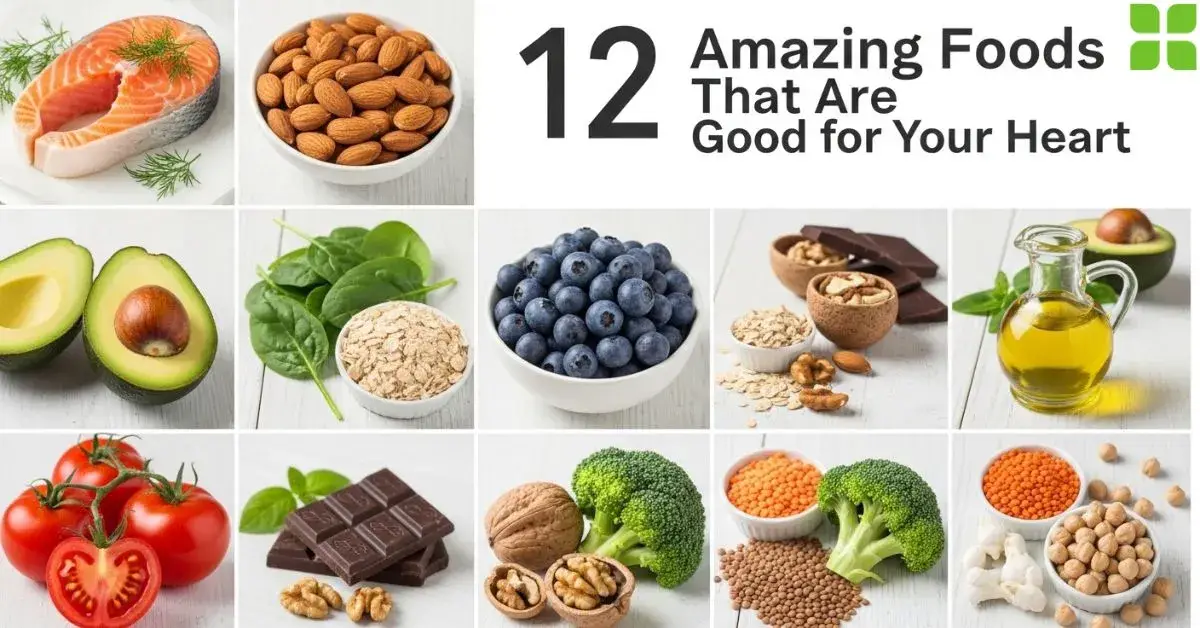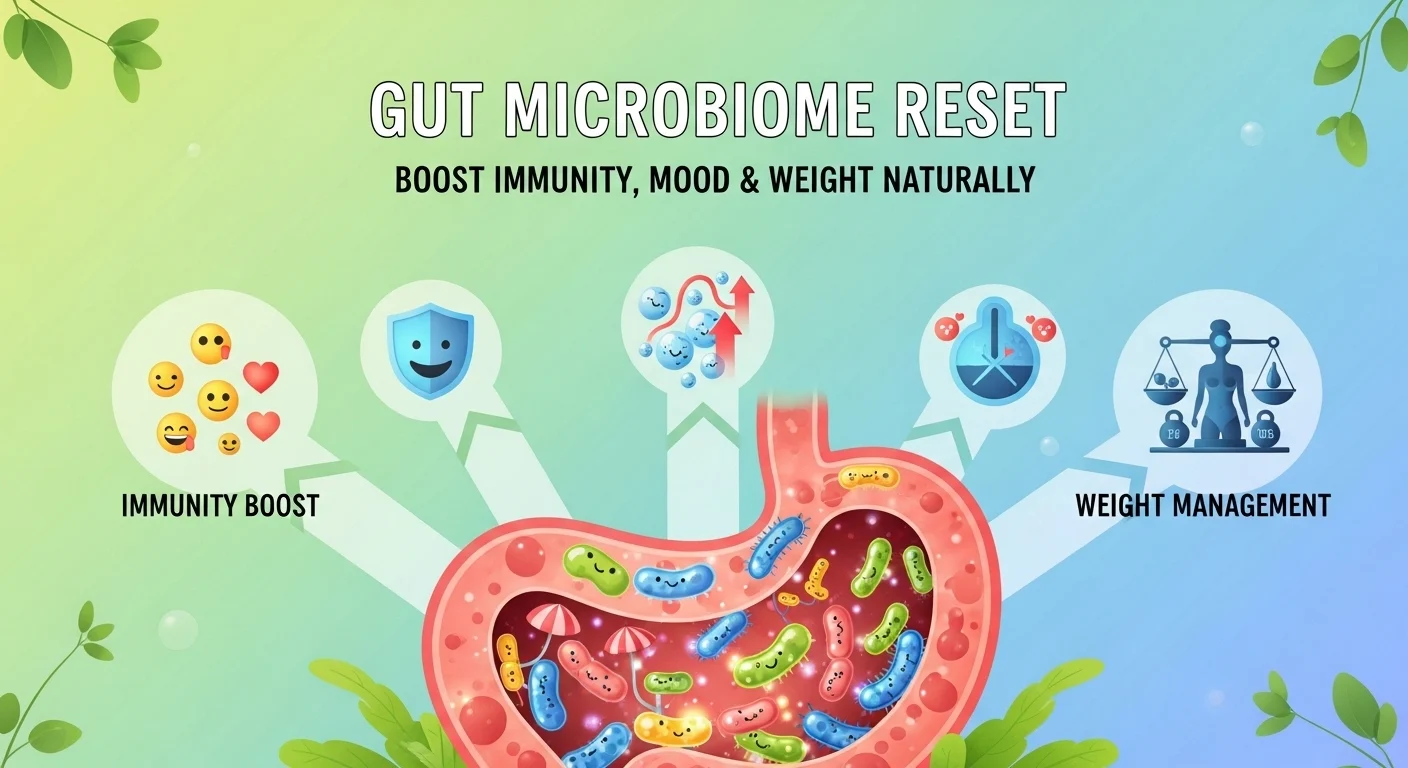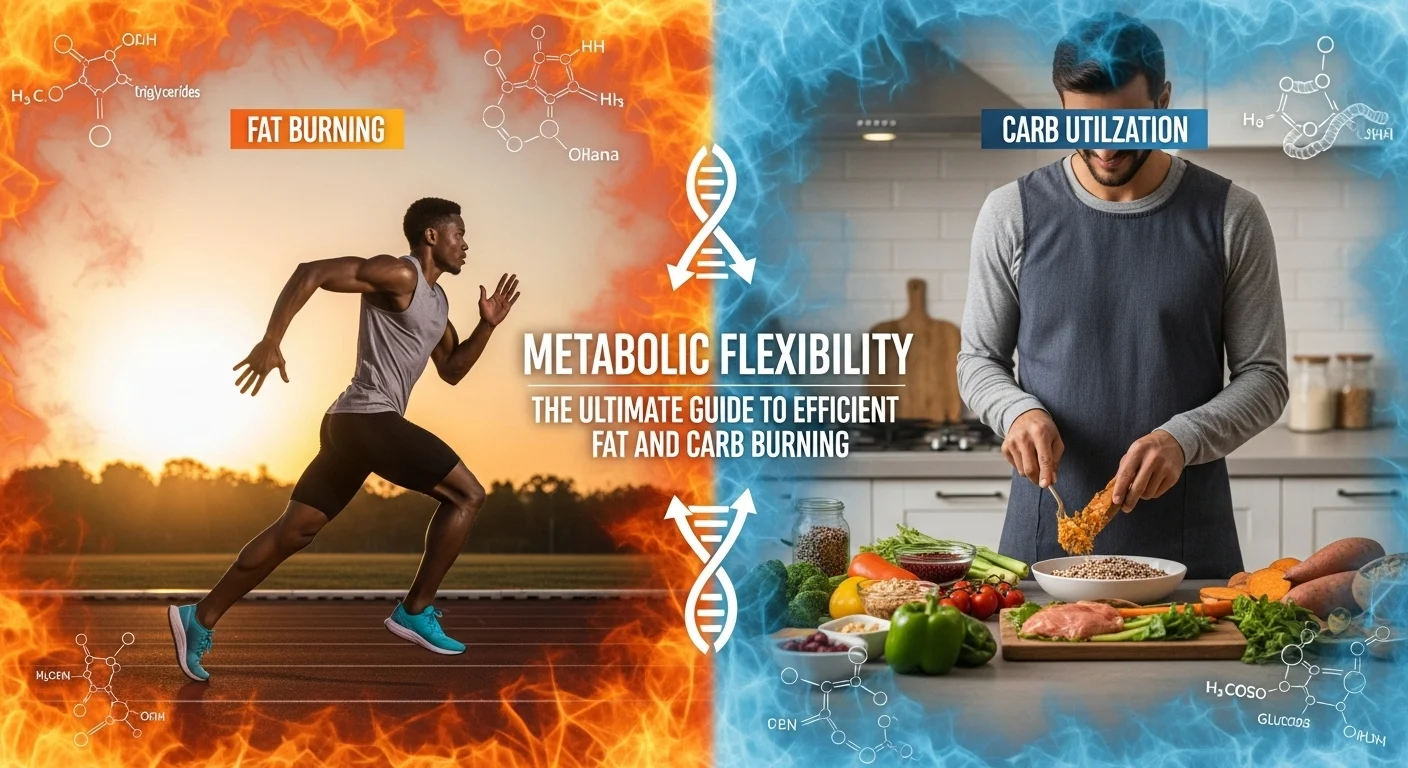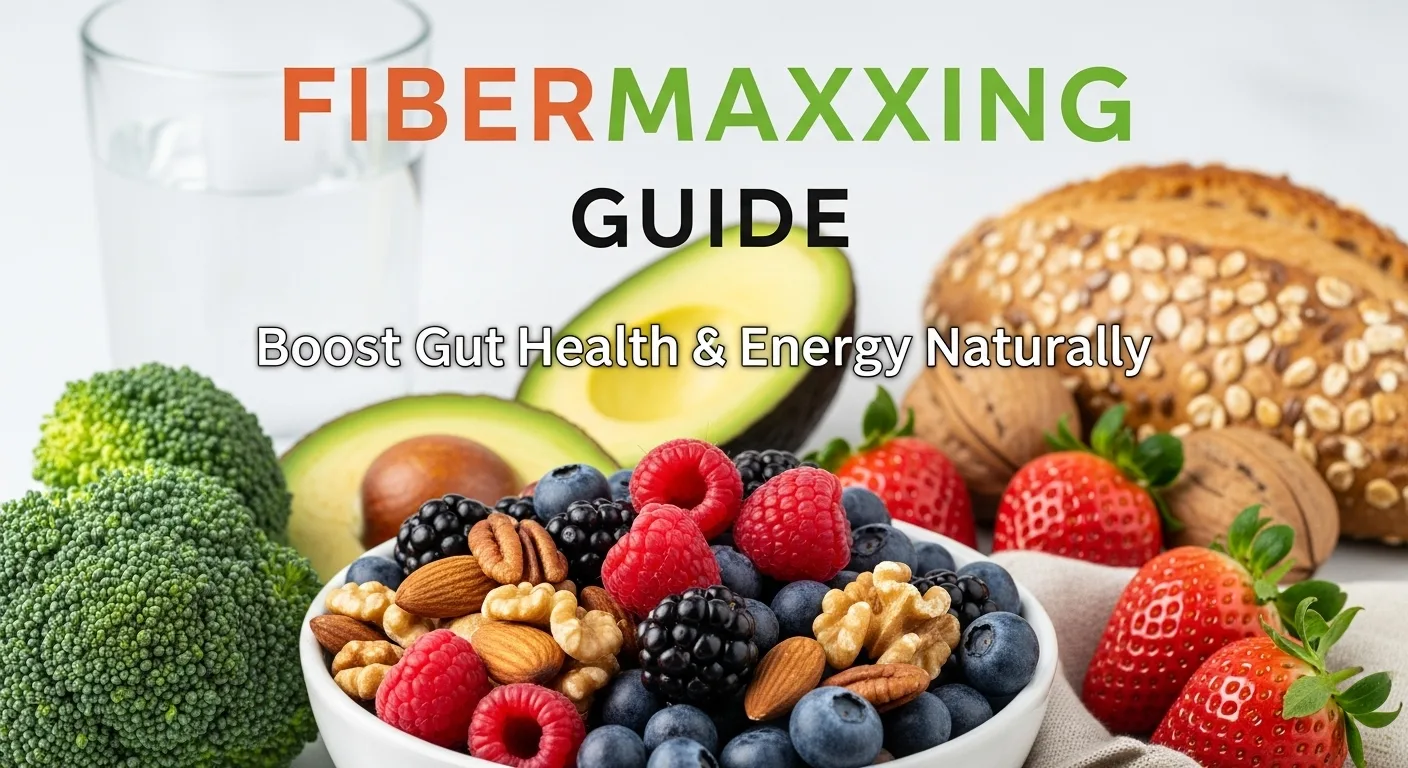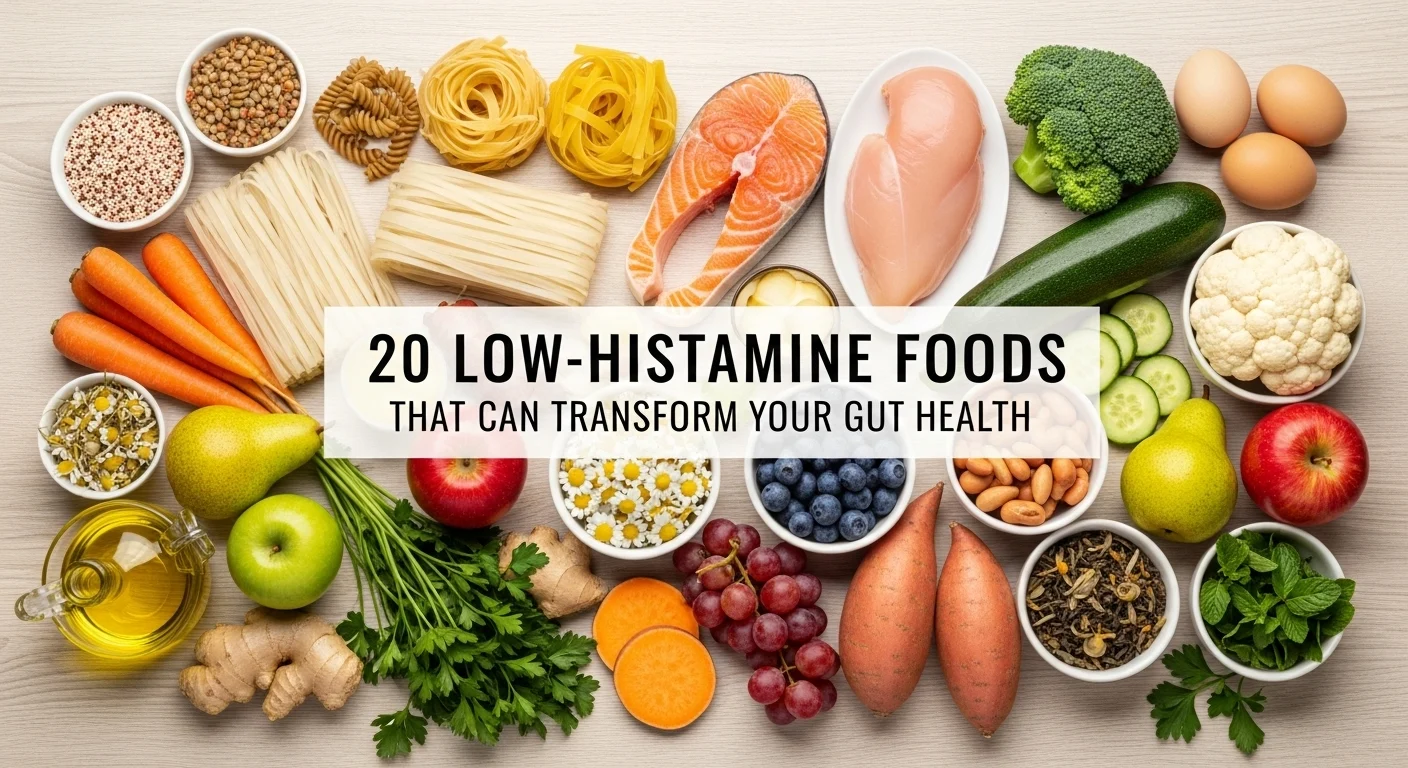Leafy greens, whole grains, and fatty salmon are among the nutrients that help improve heart health and reduce the risk of heart disease.
Heart disease is the biggest cause of mortality for people in the United States, and diet has a significant impact on heart health.
The following heart disease risk factors can be influenced by the foods you eat:
- blood pressure readings
- levels of cholesterol
- inflammation
Jump to…
To improve your heart health, try these 12 foods.
1. Leafy green vegetables
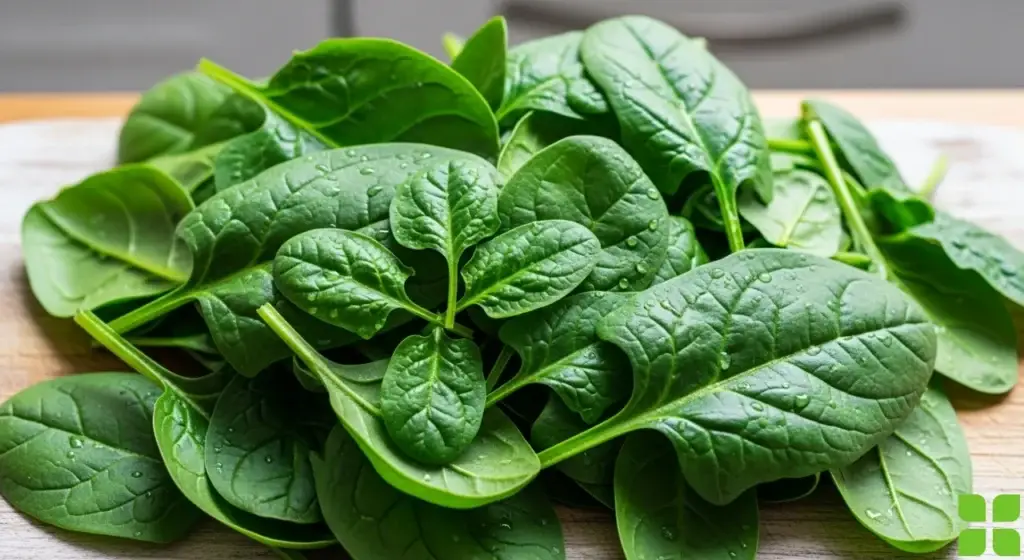
The abundance of vitamins, minerals, and antioxidants found in leafy green vegetables such as spinach, kale, and collard greens is widely recognized.
Specifically, they are an excellent supplier of Reliable Source of Vitamin K, which supports healthy blood coagulation and protects your arteries.
Additionally, they include a lot of dietary nitrates, which have been shown in tests to lower blood pressure, lessen arterial stiffness, and enhance the activity of blood vessel lining cells.
More leafy green vegetables consumptions is associated with greater cardiovascular health’s benefits and a reduced risk of heart disease than other fruits and vegetables, according to research published by the American Heart Association.
2. Whole grains
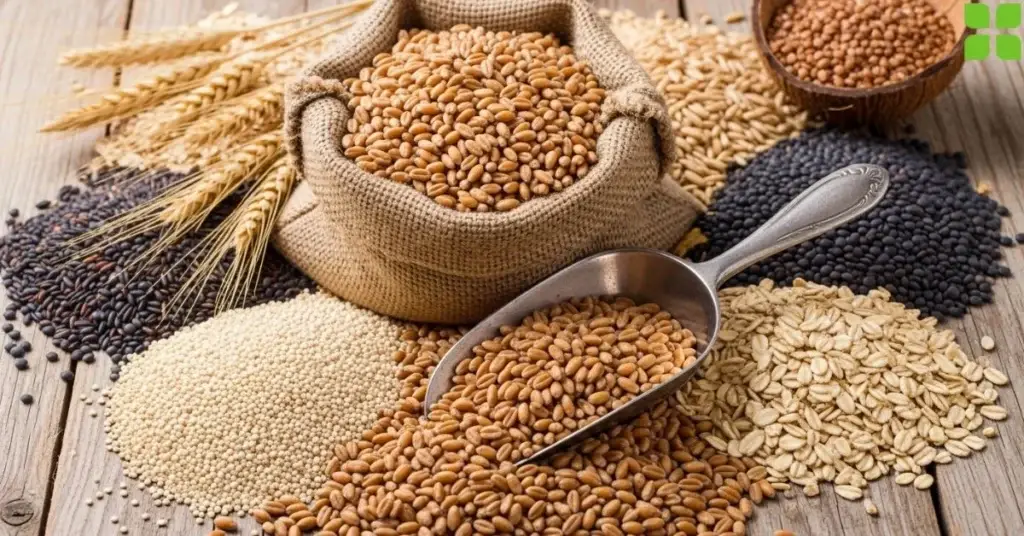
All three of the grain’s nutrient-rich components are included in whole grains:
- germ
- Endosperm
- Bran
Typical varieties of whole grains consist of:
- Whole wheat
- Brown rice
- Oats
- Rye
- Barley
- Buckwheat
- Quinoa
The risk of coronary heart disease is increased by refined carbohydrates. Whole grains, however, offer protection. An additional dish or two of these meals per day raises or lowers risk by around 10% to 20%.
Pay close attention to the ingredients list when buying whole grains. While terms like “wheat flour” or “multigrain” might not denote a whole grain product, phrases like “whole grain” or “100% whole wheat” do.
3. Berries
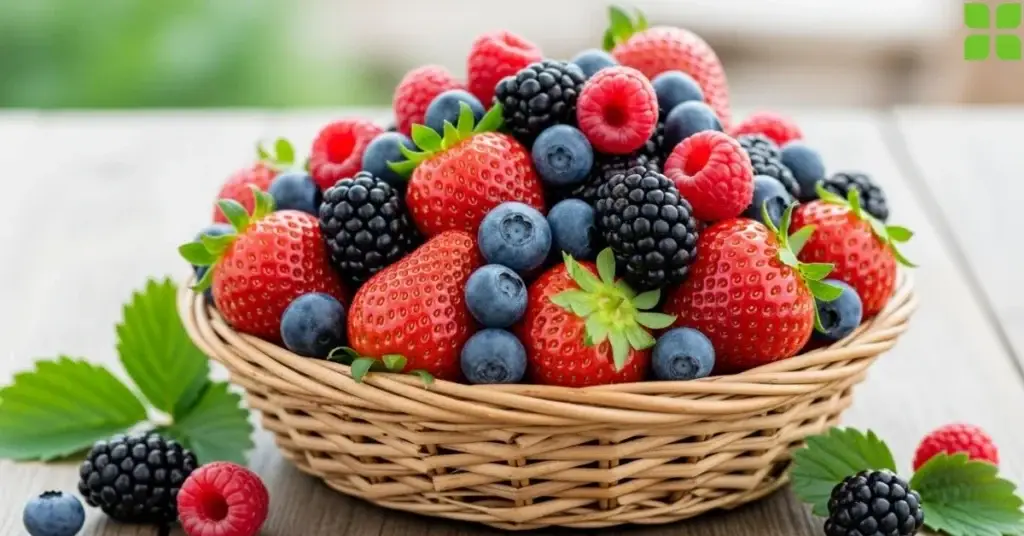
Nutrients essential to heart health are abundant in raspberries, blackberries, blueberries, and strawberries.
Antioxidants like anthocyanins, which are abundant in berries, guard against inflammation and oxidative stress, two factors that can hasten the onset of heart disease. Consuming more anthocyanins may lower your risk of coronary artery disease, which includes hypertension and heart attacks.
The vascular function of the cells lining the blood arteries, which aids in blood pressure regulation and blood coagulation, may also be enhanced by regular blueberry consumption.
A tasty dessert or a filling snack are both possible with berries. To benefit from their many health advantages, consider include a few different kinds in your diet.
4. Avocados
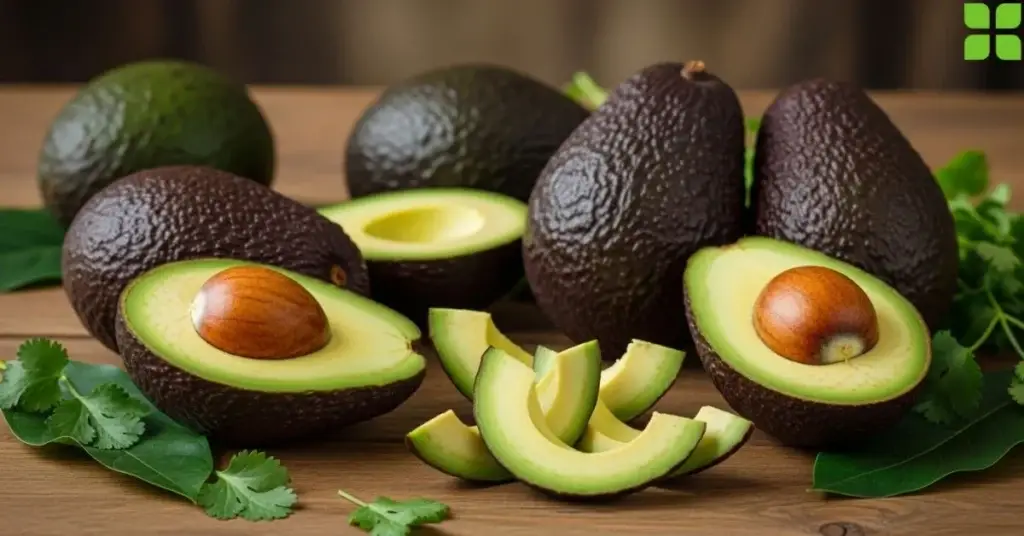
Heart-healthy monounsaturated fats, which studies have linked to lower cholesterol and a lower risk of heart disease, are abundant in avocados. According to a 2022 study, consuming at least two cups of avocado per week lowers the risk of coronary heart disease by 29% and heart attack and stroke by 13%.
Related:20 Way to Improving Your Heart Health
Scientists observe that avocados might enhance:
- Small, dense LDL cholesterol are among the LDL (bad) cholesterol levels.
- Vascular activity
- triglyceride levels
Additionally, avocados are high in potassium, a vitamin that is vital for heart health and helps lower blood pressure. 728 milligrams of potassium, or roughly 28% of what an adult female needs in a day, or 21% of what an adult male needs in a day, can be found in one whole avocado (150 grams).
5. Fish oil and fatty fish

Omega-3 fatty acids, which are abundant in fatty fish like salmon, mackerel, sardines, and bluefin tuna, have been thoroughly researched for their potential heart-healthy effects.
Another way to acquire your recommended daily intake of omega-3 fatty acids if you don’t consume a lot of seafood is to use fish oil. Supplementing with fish oil may lower the incidence of stroke, heart death, sudden death, and all-cause mortality.
Other well-liked substitutes for omega-3 supplements include krill oil. An excellent vegan substitute is algae oil.
6. Walnuts
Micronutrients such as manganese, copper, and magnesium, as well as fiber, are abundant in walnuts.
According to Research, including a few servings of walnuts in your diet can help decrease blood pressure, enhance vascular function, and prevent heart disease.
Walnut supplements may lower total cholesterol and LDL (bad) cholesterol.
7. Beans
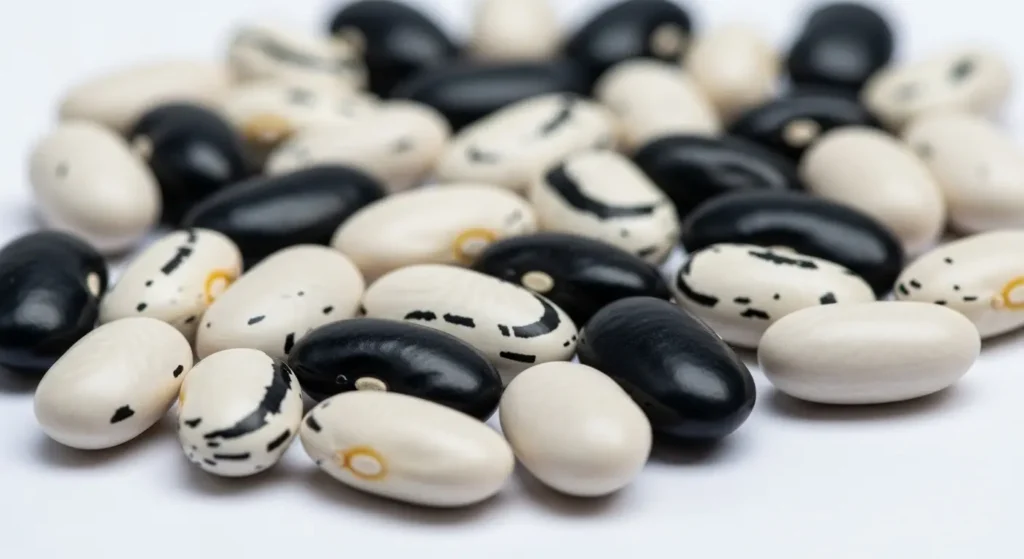
Although beans are mostly recognized for their benefits to digestive health, some studies have also shown that eating beans can lower several heart disease risk factors.
According to a comprehensive analysis of 21 research, consuming common beans may:
- LDL cholesterol reduction of 19%
- lower the risk of heart disease by 11%.
- decrease by 22% the risk of coronary heart disease
According to other studies, beans may help lower blood pressure, improve blood sugar control, and minimize the chance of developing diabetes.
8. Dark chocolate
Antioxidants like flavonoids, which are abundant in dark chocolate, may improve heart health. According to studies, it might be useful for:
- coagulation of blood
- blood pressure readings
- Lipids in the blood
- control of blood sugar
A 2019 study According to a study, eating fewer than 100 grams of chocolate each week may lower your risk of heart attack, stroke, and coronary heart disease. The optimal dosage, according to researchers, is 45 grams per week.
Although some studies indicate a connection between dark chocolate and heart health, they may not take into consideration other potential contributing variables.
Furthermore, a lot of chocolate’s health benefits might be undermined by its high sugar and calorie content.
To maximize its heart-healthy advantages, choose a premium dark chocolate that has at least 70% cocoa content and consume it in moderation.
9. A tomato
The natural plant pigment lycopene, which has potent antioxidant qualities, is abundant in tomatoes. In order to avoid oxidative damage and inflammation, which can be linked to heart disease, antioxidants aid in the neutralization of dangerous free radicals.
Low blood levels of lycopene have been linked in studies to an increased risk of stroke and heart attack.
Raising consumption of tomato-based foods and taking supplements of lycopene has an advantageous effect on blood pressure, endothelial function, and certain blood lipids.
According to a review of studies, eating one serving of raw tomatoes, tomato sauce, or tomato sauce with refined olive oil may increase HDL (or “good”) cholesterol while lowering LDL and triglycerides. The authors of the study also pointed out that cooked tomatoes and tomato-based products are better for the body’s absorption of lycopene than raw tomatoes.
10. Almonds
Almonds include a wealth of vitamins and minerals that are essential for heart health, making them extremely nutrient-dense.
Additionally, they are an excellent source of fiber and heart-healthy phytosterols, two vital elements that can help prevent heart disease.
Eating almonds may lower your risk of cardiovascular disease by lowering body weight and increasing your lipid profile, according to research.
11. Garlic
Strong therapeutic qualities found in garlic may help strengthen the heart.
This is because of a substance called allicin, which is thought to have several medicinal benefits by scientists. Allacin may be useful in preventing atherosclerosis, or the accumulation of plaque in the arteries, and apoptosis, or the death of cardiac cells.
Garlic supplements reduced both systolic and diastolic blood pressure and were just as effective in lowering blood pressure as a typical prescription medication, according to a meta-analysis of 12 trials.
Before cooking, make sure you eat the garlic raw or smash it and leave it for a few minutes. This maximizes the potential health benefits of allicin by facilitating its formation.
12. Olive oil
Antioxidants included in olive oil help reduce inflammation and lower the risk of cardiovascular disease.
Olive oil has more heart-healthy monounsaturated fatty acids than other types of oil. It can help prevent and cure hypertension and is rich in antioxidants and oleic acid.
Olive oil can be used to sauces and vinaigrettes or drizzled over cooked food.
The Keyway
Blood pressure, inflammation, cholesterol, and triglycerides are just a few of the heart health factors that can be impacted by your diet.
A healthy, well-balanced diet that includes heart-friendly foods can help maintain heart health and reduce the risk of heart disease.
